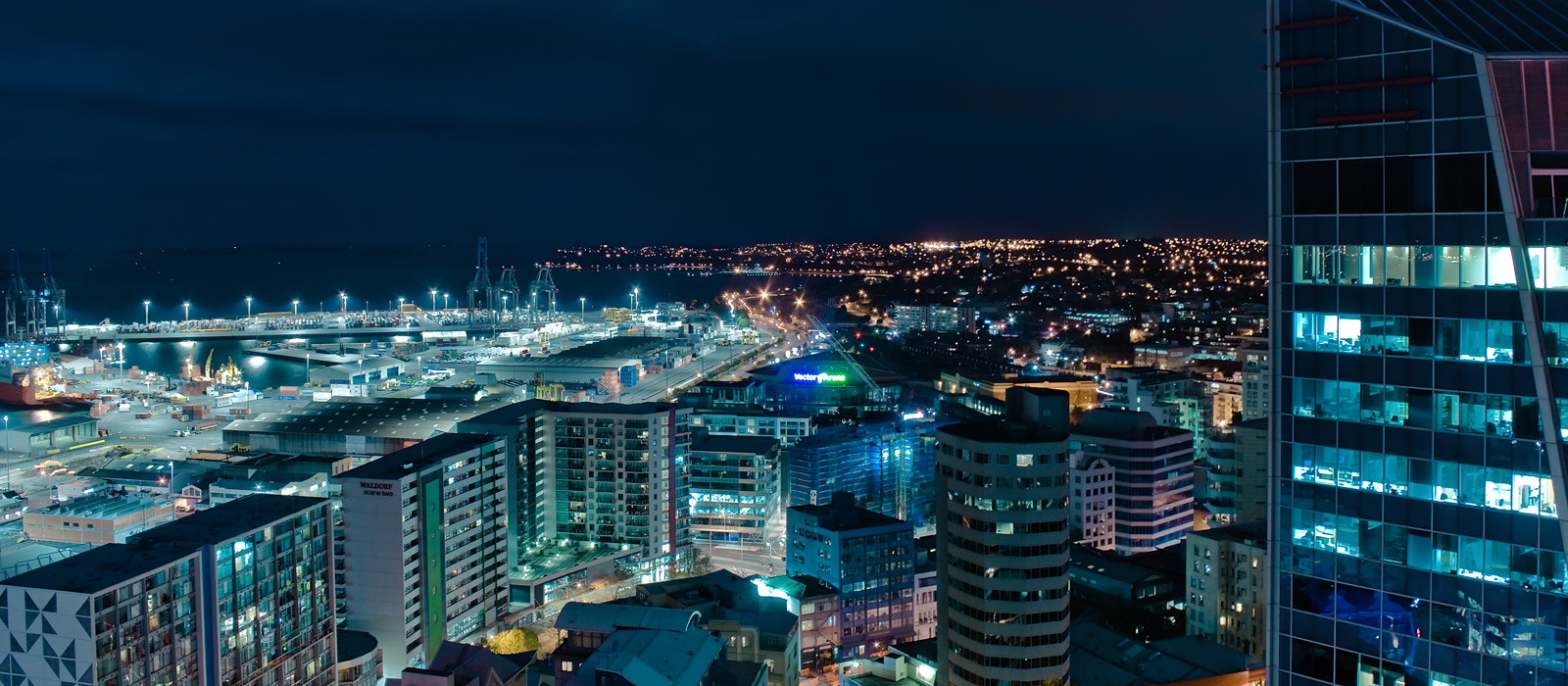Thursday May 19, 2016

Do the Australians prefer New Zealand investments?
Though merger and acquisition activity this year might not reach the highs seen in 2015, Simpson Grierson partner Michael Pollard remains positive about the market.
“We are starting to see a steady deal flow. Last year was a standout, yet this year’s deal flow is still reasonable. Unless there’s some kind of adverse event, I’d expect to see a solid, busy year in 2016,” he says.
The year got off to a slow start, but then so did 2015. That’s not unusual in New Zealand where there is a pronounced break in deal activity during the summer months.
Pollard says: “A lot of the deal value came on during the middle and towards the end of last year. There was not much activity in the first quarter of 2016. Most of the deals talked about have been hanging around for a while — like Paymark and Tegel.
“There has been a shift in the market. There were 12 initial public offers in 2014, only three last year and just one so far this year, although some are still in the market — they are getting away slowly and we are seeing the same pattern across the Tasman in Australia.”
Deals nudged the $9 billion mark in New Zealand in 2015, and mergers and acquisitions around the world, with global volumes up 37 per cent, had a flow-through effect into the New Zealand market.
Pollard says the global capitalisation market is coming off last year’s high. With national regulators still trying to inject life into their economies, there was a huge wave of activity and that had a knock-on effect in New Zealand.
He says overseas business confidence remains strong, but is less so than last year.
Another Simpson Grierson partner, James Hawes, says the mood is reminiscent of the period immediately after the global financial crisis.
He says “while the deal flow is slow, the market confidence is high. There is lots of money still around of the equity side, both private and public.”
Australian funds have New Zealand in their sights. Hawes says “to some extent we are insulated from the negative sentiment in Australia. In fact, Australian funds find New Zealand a good place for their money when things are not going too well at home.
“We’re aware that towards the end of last year Australian funds were more active in New Zealand than they were in Australia. They like to be able to buy into a mature business in New Zealand.
“They find it easier and less expensive to buy a top company with a strong competitive position here. They are still a strong source of our deal flow,” Hawes says.
It’s not only Australian money making its way to New Zealand. It’s long been true that a significant proportion of local merger and acquisition transactions involve a foreign buyer, but Pollard says almost all of last year’s deals were to overseas investors.
While the deal flow is slow, the market confidence is high. There is lots of money still around of the equity side, both private and public – James Hawes.
He says Japanese investors remain interested in New Zealand. They are still active here. Many, maybe most, of the tech-heavy New Zealand companies go to American buyers.
“There is a lot of United States capital floating around and while the news tends to focus on other countries, United States are heavy investors in New Zealand farmland and agriculture.”
Pollard says last year United States-based Accel Partners invested $133 million in Xero. Equifax acquired Veda, the credit reporting company. Winona Capital, a Chicago-based private equity firm invested in Rodd and Gunn. In comparison there was only one sizeable Chinese deal and one with a Japanese investor.
While United States investors are strong in the technology field, they have a broad interest in New Zealand business. That’s not the case with Chinese investors.
Hawes says they are focused on the primary sector and in many cases it is narrower still with dairy being the main interest.
Another niche market of interest to Chinese investors are honey-related assets, especially those in manuka honey.
Hawes says “despite the talk of a slowdown in China, we are not seeing any let up in Chinese interest in New Zealand assets. Chinese investors are becoming more Western in their outlook.
“In the past most of the money involved an element of Chinese state backing, and those investors would look at local businesses from a different perspective to others.
“Now they are more used to dealing in our part of the world and there’s less complexity in the deals.”
One barrier to deals in the past has been the time taken by the Overseas Investment Office) to deal with applications to acquire sensitive land or assets.
Pollard says even non-strategic land applications could take months to get approval.
“There isn’t the capacity to handle the big deals. It tends to slow things down and it makes it harder to get overseas investment in New Zealand. However, we hear the agency is recruiting people which could help.”
